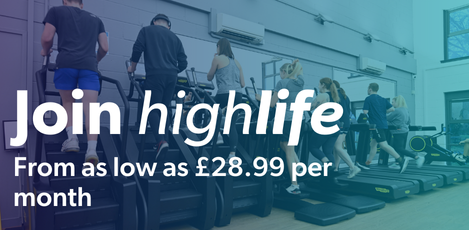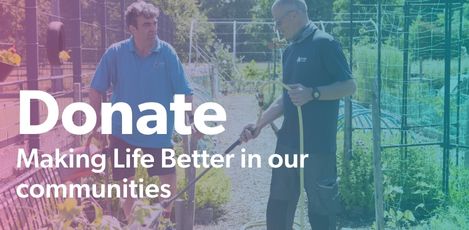Researchers at the University of the Highlands and Islands’ Institute of Health Research and Innovation are collaborating with High Life Highland to launch a new study to assess how participants interact with and use wearable fitness technology and smartphone applications. The study, which starts this month, also hopes to find out whether people adhere to online exercise classes which they can take part in from home. As part of the study online exercise classes will be delivered for 1-hour twice a week over a 6 week period using an digital platform.
The aim of the research is to understand which elements are successful in getting more individuals active. The data will inform a future project in cardiac rehabilitation settings. The use of online exercise classes delivered at the home are becoming more widely used, however integrating these with wearable technology and smartphone applications has not been extensively researched.
For the study, university researchers are seeking to recruit men and women aged 50-70 years old who are currently doing either low to moderate levels of physical activity and are fit and well to exercise. People who participate in the study will take part in testing at the start and end of the study and will be provided with feedback based on resting heart rate, blood pressure, diet and fitness test scores.
As part of the study participants will receive a free 6-week online class delivered by High Life Highland, with classes conducted twice a week by a highly qualified and experienced exercise specialist. Dr Matthew Fraser, a Postdoctoral Researcher at the University’s division of biomedical sciences, said: “It’s a really exciting partnership with High Life Highland, the project will provide opportunities to make a real difference to the way that exercise is delivered to those individuals who cannot leave the home. Data collected from the project will allow a greater understanding into the role that various forms of technology can play in attempting to increase levels of physical activity and provides directions for new projects coming in the future.”
Lynn Bauermeister, Health and Wellbeing Manager for High Life Highland said, “It is a brilliant learning and development opportunity for the team in HLH to work with colleagues from the University of the Highlands and Islands. The coronavirus pandemic has led to the delivery of live interactive online exercise classes being streamed into people’s homes by HLH’s specialist exercise instructors, these classes are proving to be very popular and participants are telling us it is really making a difference for them. It is hoped that this research will help HLH to more comprehensively understand the health impact of online classes for our participants and will also help to shape future planning and service delivery with a strong evidence base.”






